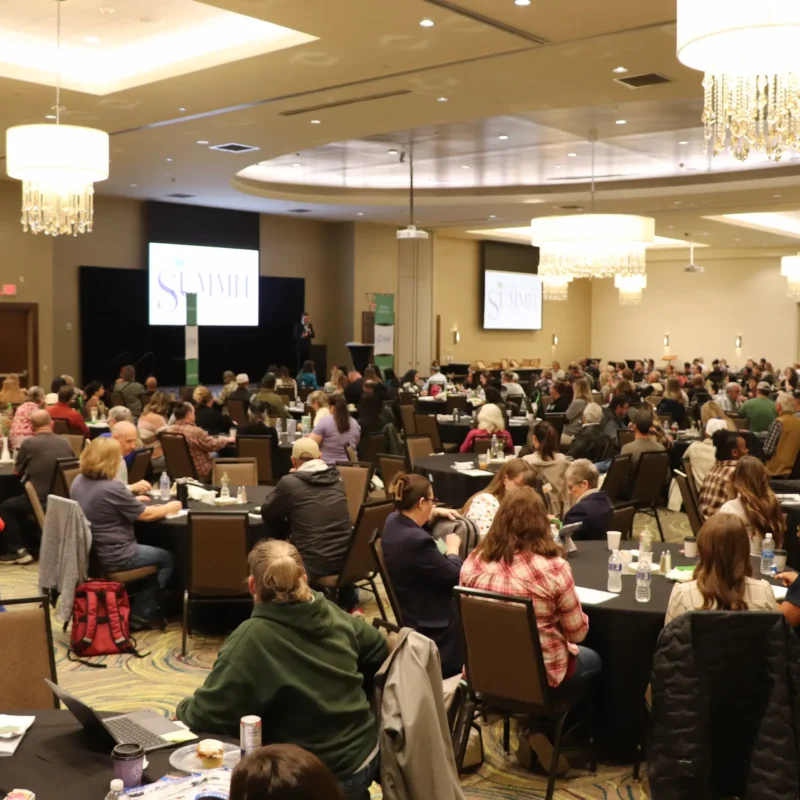Cooking with Frozen Vegetables
Vegetables are an important part of a healthy diet but fresh vegetables are sometimes out of season or hard to come by. Cooking with frozen vegetables is easy and provides all the same nutrients as fresh!
Benefits of Frozen Vegetables
- Availability: Sometimes the freezer aisle has an even bigger variety than fresh!
- Shelf-life: Frozen vegetables can last up to one year when stored properly.
- Pre-prepared options: You can find whole, chopped, diced, and even riced options of your favorite vegetables.
- Ready-to-cook: Microwave-ready bags are becoming increasingly popular, and means one less dish you have to dirty in getting food on the dinner table!
- Nutritious: Unlike canned, vegetables are picked and flash-frozen so their freshness is locked in. This means they are just as nutritious as their fresh alternatives!
- Texture: The texture of frozen vegetables is less affected than canned options.
Recipes
Arroz Tapado– This recipe has a mix of frozen peas, carrots, green beans, and corn which provide your daily value of vitamin A.
ONIE Minestrone – Cooking frozen vegetables in soups is one of the easiest ways to incorporate them! This recipe has green beans and spinach which are rich in fiber and vitamin C!
Breakfast Spanish Tortilla – This recipe contains frozen chopped potatoes to cut your prep time in half while remaining low in sodium!
Creamy Chicken & Spinach Enchiladas – The frozen spinach in this recipe is a rich source of iron.
Louisiana Catfish – The frozen okra in this recipe is a rich source of fiber.
Sweet Potato Skillet Chili – This recipe uses frozen bell peppers and onions which are great sources of vitamin A and Vitamin C.
Sheet Pan Turkey Sausage & Veggies – Contrary to popular belief, cooking frozen vegetables in the oven can still get them crispy! This recipe is full of broccoli which is rich in vitamin K!
Sheet Pan Teriyaki Chicken – The frozen sugar snap peas in this recipe are a great source of folate!


